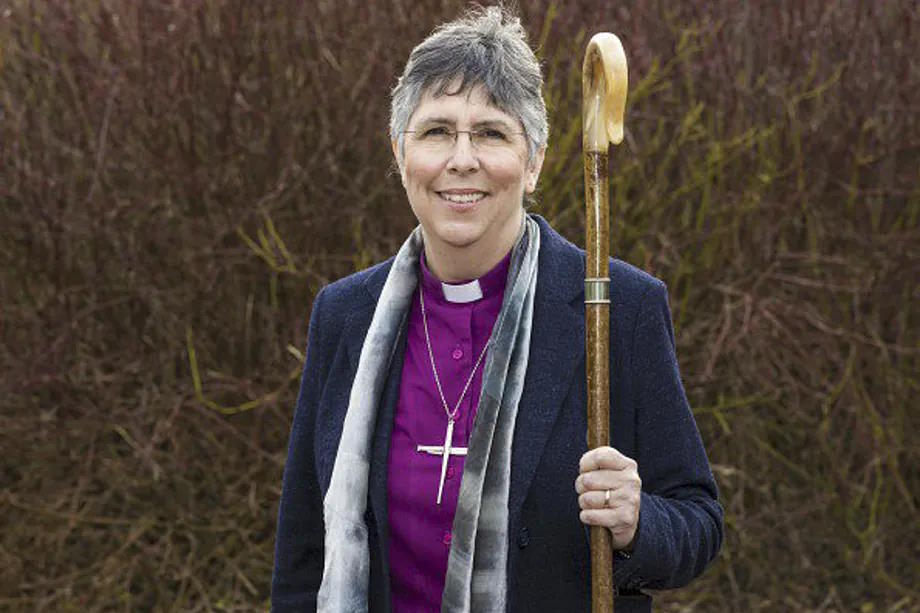"What has happened should shake us to the core"... This was the reaction of Chelmsford's bishop, Guli Francis-Dehqani, leading the women's choir of the Anglican Church, upon learning about the abuses perpetrated by John Smyth, the lawyer and sadist who for over four decades punished and sexually assaulted 130 minors, mostly recruited from Christian camps.
The scandal has led tothe Archbishop of Canterbury's downfall, Justin Welby, who acknowledged his "personal and institutional responsibility" (he supervised some of these camps and exchanged Christmas greetings with Smyth until his death in 2018). The Church of England now enters a period of penitence and contrition that will likely extend until next autumn, with the election of the successor amidst the turmoil.
Libby Lane was the first woman ordained as a bishop in 2014, following a historic change in canon law that ended five centuries of male exclusivity. Guli Francis-Dehqani followed in her footsteps three years later. And now she may take over from Welby as the Archbishop of Canterbury, competing as a favorite alongside the Archbishop of York, Stephen Cottrell, and the Bishop of Leicester, Maryn Snow (along with two other women, the Bishop of Gloucester, Rachel Treweek, and the Bishop of Dover, Rose Hudson-Wilkin, on the list of candidates).
Guli Francis-Dehqani, 57, stands out above all for her extraordinary personal story. Born in Iran, the daughter of the Anglican bishop and a British missionary during the Shah era, she witnessed her older brother's murder at the age of 14 during the Islamic revolution and amidst the persecution of Christians.
She arrived in the UK as a teenager as a refugee, with her first love in life being art and music. At the age of 20, influenced by her father, Hassan Dehqani-Tafti, she decided to study Theology and Philosophy at the University of Bristol, dedicating her doctoral thesis to her mother: Religious feminism in the age of empire: missionary women in Iran.
At 33, she was ordained as a dean and shortly after as a priest at Southwark Cathedral. Balancing her two passions as a chaplain at the Royal Academy of Music, she got married and in 2004 obtained permission to care for her three children. She returned to full-time ministry in the diocese of Peterborough and was elected as a member of the General Synod.
In 2017, she made history as the first bishop of an ethnic minority in the Anglican Church, and her career has been on the rise ever since, being appointed as a spiritual lord (the bishops of the Church of England who are part of the House of Lords) and being chosen as one of the three bishops who supported King Charles at his coronation.
All this without holding back and advocating for "social justice" and for everything she learned from her father after the tragic personal experience of her brother's murder: "We preach forgiveness and reconciliation. Our faith means nothing if we do not stand up in times of tribulation".
Guli Francis-Dehqani has faced criticism for highlighting "the loss of innocent lives in Gaza while the international community continues to sell arms to Israel". She acknowledges having faced "personal attacks" for defending what she considers as "just causes" and is aware that this could cost her support when it matters: "I could see in my own family that this was not going to be an easy path. But it is part of the sacrifice when you feel the calling. Not doing it would be like not fulfilling my role".
